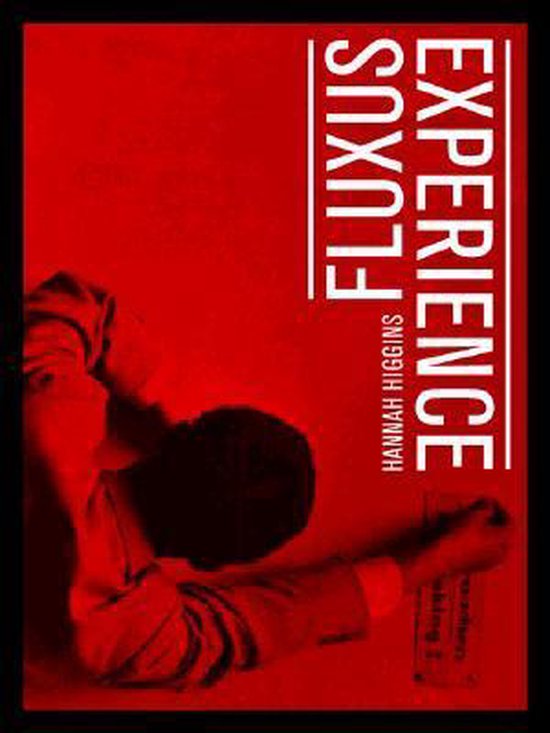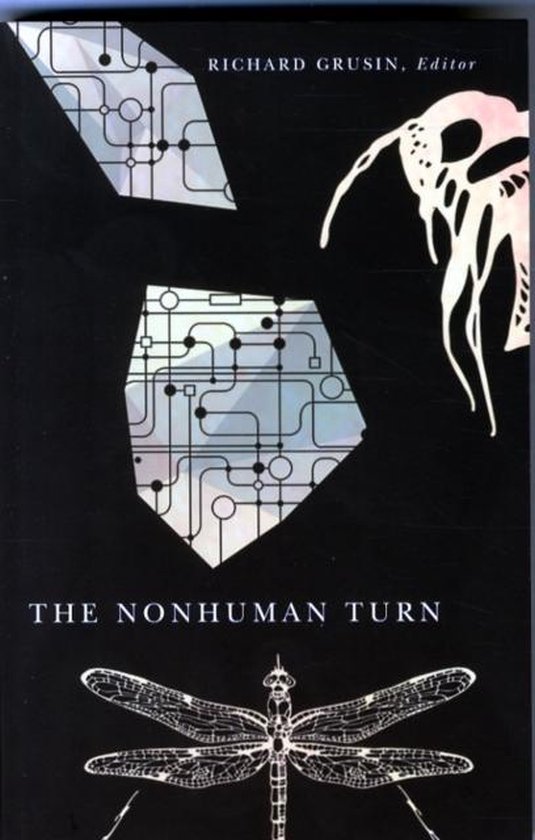
Fluxus Experience
This work explores the influential art movement Fluxus. Daring, disparate and contentious, Fluxus artists worked with minimal and prosaic materials now familiar in post-World War II art. Higgins describes the experience of Fluxus for viewers as affirming transactions between self and world.
"Higgins bravely argues for the experiential, life-affirming qualities of Fluxus, combining theory and practice in a most sophisticated, engaging, and refreshing manner. She situates Fluxus in the context of American art history as well as international art practices, while exploring sense-related theory in enticing accounts of her own observations of and participation in Fluxus works."—Kathy O'Dell, author of Contract with the Skin: Masochism, Performance Art, and the 1970s
"Higgins provides a new, refreshing way of seeing the politics within and around Fluxus, exposing the politically charged press coverage of the movement and dismantling its prejudicial legacy. Higgins represents a new generation of Fluxus scholars who are impatient with the objective pose and historical rigidity of academic art history."—Simon Anderson
"Hannah Higgins's book Fluxus Experience is a wonderful and much needed addition to the literature on Fluxus. Both insightful and provocative, her work offers a thorough consideration of the development and reception of Fluxus from the late 1950s through the early 1990s. This book is essential for anyone interested in Fluxus, particularly anyone who wants to understand its cognitive and phenomenological bases."—Owen Smith, author of Fluxus: The History of an Attitude
In this groundbreaking work of incisive scholarship and analysis, Hannah Higgins explores the influential art movement Fluxus. Daring, disparate, contentious--Fluxus artists worked with minimal and prosaic materials now familiar in post-World War II art. Higgins describes the experience of Fluxus for viewers, even experiences resembling sensory assaults, as affirming transactions between self and world. Fluxus began in the 1950s with artists from around the world who favored no single style or medium but displayed an inclination to experiment. Two formats are unique to Fluxus: a type of performance art called the Event, and the Fluxkit multiple, a collection of everyday objects or inexpensive printed cards collected in a box that viewers explore privately. Higgins examines these two setups to bring to life the Fluxus experience, how it works, and how and why it's important. She does so by moving out from the art itself in what she describes as a series of concentric circles: to the artists who create Fluxus, to the creative movements related to Fluxus (and critics' and curators' perceptions and reception of them), to the lessons of Fluxus art for pedagogy in general. Although it was commonly associated with political and cultural activism in the 1960s, Fluxus struggled against being pigeonholed in these too-prescriptive and narrow terms. Higgins, the daughter of the Fluxus artists Alison Knowles and Dick Higgins, makes the most of her personal connection to the movement by sharing her firsthand experience, bringing an astounding immediacy to her writing and a palpable commitment to shedding light on what Fluxus is and why it matters.
"Higgins bravely argues for the experiential, life-affirming qualities of Fluxus, combining theory and practice in a most sophisticated, engaging, and refreshing manner. She situates Fluxus in the context of American art history as well as international art practices, while exploring sense-related theory in enticing accounts of her own observations of and participation in Fluxus works."—Kathy O'Dell, author of Contract with the Skin: Masochism, Performance Art, and the 1970s
"Higgins provides a new, refreshing way of seeing the politics within and around Fluxus, exposing the politically charged press coverage of the movement and dismantling its prejudicial legacy. Higgins represents a new generation of Fluxus scholars who are impatient with the objective pose and historical rigidity of academic art history."—Simon Anderson
"Hannah Higgins's book Fluxus Experience is a wonderful and much needed addition to the literature on Fluxus. Both insightful and provocative, her work offers a thorough consideration of the development and reception of Fluxus from the late 1950s through the early 1990s. This book is essential for anyone interested in Fluxus, particularly anyone who wants to understand its cognitive and phenomenological bases."—Owen Smith, author of Fluxus: The History of an Attitude
In this groundbreaking work of incisive scholarship and analysis, Hannah Higgins explores the influential art movement Fluxus. Daring, disparate, contentious--Fluxus artists worked with minimal and prosaic materials now familiar in post-World War II art. Higgins describes the experience of Fluxus for viewers, even experiences resembling sensory assaults, as affirming transactions between self and world. Fluxus began in the 1950s with artists from around the world who favored no single style or medium but displayed an inclination to experiment. Two formats are unique to Fluxus: a type of performance art called the Event, and the Fluxkit multiple, a collection of everyday objects or inexpensive printed cards collected in a box that viewers explore privately. Higgins examines these two setups to bring to life the Fluxus experience, how it works, and how and why it's important. She does so by moving out from the art itself in what she describes as a series of concentric circles: to the artists who create Fluxus, to the creative movements related to Fluxus (and critics' and curators' perceptions and reception of them), to the lessons of Fluxus art for pedagogy in general. Although it was commonly associated with political and cultural activism in the 1960s, Fluxus struggled against being pigeonholed in these too-prescriptive and narrow terms. Higgins, the daughter of the Fluxus artists Alison Knowles and Dick Higgins, makes the most of her personal connection to the movement by sharing her firsthand experience, bringing an astounding immediacy to her writing and a palpable commitment to shedding light on what Fluxus is and why it matters.
| Auteur | | Hannah Higgins |
| Taal | | Engels |
| Type | | Paperback |
| Categorie | | Kunst & Fotografie |



